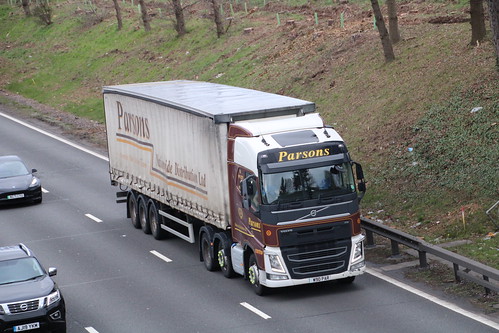Enough About Gram Parsons’s Death. It’s Time to Celebrate His Music.
Parsons #Parsons

After he was adopted by his mother’s next husband, Bob Parsons, the musician’s teen years were spent gusting in and out of schools — a North Florida prep academy; a semester at Harvard — and, even more disruptively, bands. Parsons was a social leap-frogger, unashamedly quick to move on, blissfully ignorant of the messes left in his wake.
He quit one group he fronted, the psychedelic- and country-influenced International Submarine Band, right before its only record was released. The Byrds had just fired David Crosby, and Parsons somehow convinced them that he would be a drama-free replacement, content to just hang in the background. Little did they know he was about to hijack the band, steer it in an unexpectedly traditional country direction and help create a 1968 record that still has a rabid cult audience to this day, “Sweetheart of the Rodeo.” Roger McGuinn put it memorably, and saltily: “He turned out to be a monster in sheep’s clothing. And he exploded out of that sheep’s clothing. God! It’s George Jones in a sequin suit!”
Parsons, ever in a hurry, was soon gone, but not before he released his first classic song: “Hickory Wind,” co-written with the Submarine Band’s Bob Buchanan. No matter who’s singing it — Parsons’s late-career duet partner Emmylou Harris; Gillian Welch; some random guy on YouTube — it’s a stunner, but there’s a particularly devastating power to Parsons’s delivery. He sounds like a precocious child doing an impression of an adult, exaggerating the depths of his twangy baritone. There’s an unshakable pathos to the performance, too, a pure but impossible yearning to return to a gone-too-soon Eden of childhood. “I started out younger, at most everything,” Parsons sings at the beginning of the second verse, the “most” delivering the bulk of the devastation — a concession that there are still a few unspoken ways in which we start out old.
In a time of cultural division, Parsons had a lofty and idealistic aim for his union of country and rock. He wanted, as Fong-Torres wrote, to “champion the idea of hippies playing country music for a rock ’n’ roll audience.” When the Byrds were invited to play the Grand Ole Opry in March 1968, Parsons pulled a stunt that briefly united country fans and hippies, because it made everyone mad at him: Instead of playing a rehearsed cover, he led the band into playing the as-yet-unreleased “Hickory Wind.”
“Looking back, I now view that night as a missed warning,” Chris Hillman of the Byrds wrote in his recent autobiography. “I should have known that night what I was in for, working with an impulsive guy like Parsons.” And yet, even Hillman couldn’t resist Parsons’s pull. They started a new band together, the Flying Burrito Brothers, within the year.
Hillman, for a moment, was a stabilizing collaborator: While sharing a house in Reseda, they wrote the original material that would appear on the group’s brilliant debut album, “The Gilded Palace of Sin,” somewhat shoddily recorded but featuring some of Parsons’s most impassioned singing.